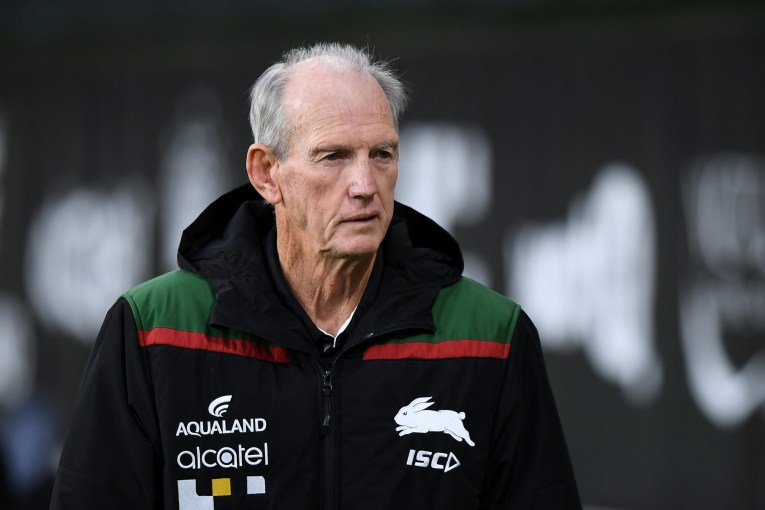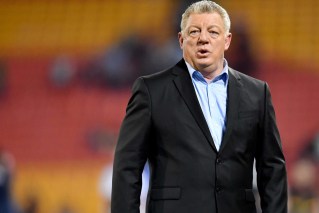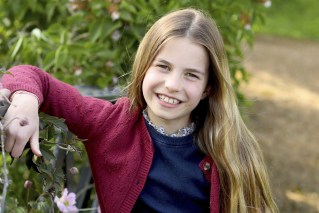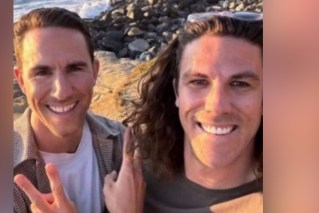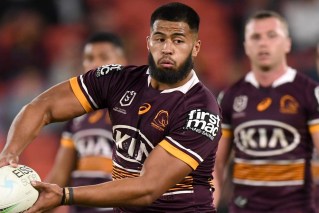Mum musters all her courage to hear how son died at hands of police
Toowoomba mother Raelene Nixon is living every parent’s worst nightmare. She’s preparing for a coronial inquest into the death of her son Steven.
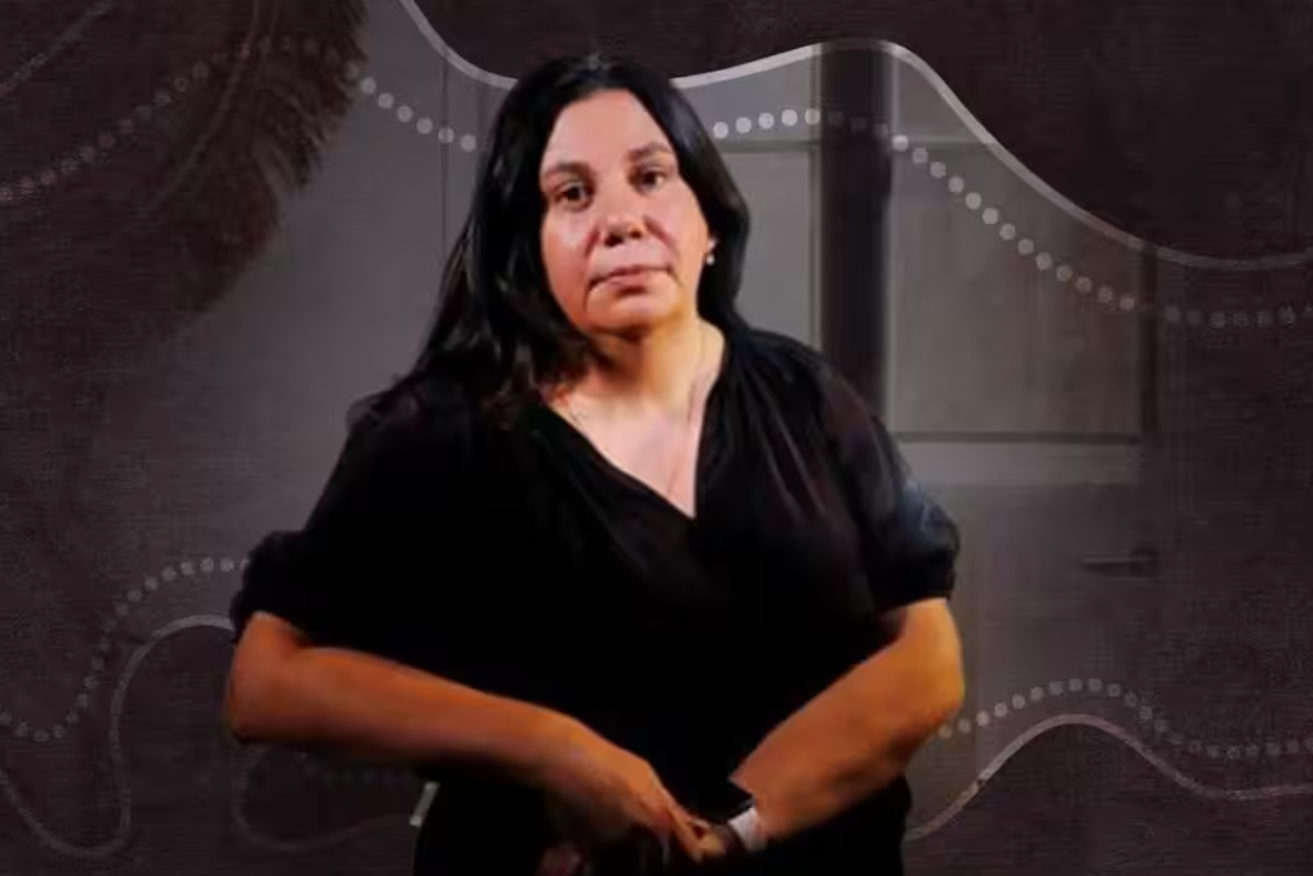
Raelene Nixon advocated for the ban of the so-called 'lateral vascular neck restraint' after her son Steven died. (Image: SBS)
“It’s even worse than heartache, it’s deeper than that,” Ms Nixon told AAP.
“It’s like this pain that’s deep in your soul.
“It’s like a heavy weight and I know I’m not the only one who’s carrying it, everyone who loved and looked after him from our family is carrying it as well.”
Steven Nixon-McKellar died shortly after having pressure applied to his neck while being apprehended by a senior constable outside a relative’s house in Toowoomba in October 2021.
He was 27.
A coroner is investigating the circumstances surrounding Mr Nixon-McKellar’s death at an inquest beginning on Monday.
In May, a preliminary coronial inquest hearing in Brisbane heard evidence about a Queensland police officer’s use of the lateral vascular neck restraint on Mr Nixon-McKellar.
One officer was told by another to “choke this c*** out, choke him out” before he applied the controversial stranglehold on Mr Nixon-McKellar, who then suffered a cardiac arrest and died.
The use of the restraint, also known as the “sleeper” chokehold, was banned on April 14 following a 12-month review, bringing Queensland into line with other states and territories.
A month later, Queensland police clarified the “ban” and cleared officers to use the hold in dangerous situations to prevent death or grievous bodily harm.
The Queensland Police Union challenged the ban at the state Industrial Relations Commission, saying it prevented officers defending themselves.
Steven grew up with a big group of cousins, so close they were like siblings, in the Victorian town of Shepparton, before moving to Queensland.
“He was a larrikin, a little happy-go-lucky, kind, sweet boy,” Ms Nixon said.
“He’d make up funny little rap songs about all of his cousins.
“He was really talented at all the sports he tried, athletics, basketball, football – he could play both rugby and Aussie rules.”
In 2022, Ms Nixon travelled to the southeast Queensland town of Murgon for her grandmother’s 100th birthday.
It was bittersweet because while she was surrounded by family, it brought home that Steven wasn’t there.
“Sometimes I catch myself thinking, ‘I haven’t heard from Steve for a little while’, and it takes me a moment to think, then I remember what happened,” Ms Nixon said.
On October 7, 2021, Ms Nixon was in lockdown in Shepparton, due to COVID restrictions in Victoria, when she got an unusual message from her mother.
“She said that she’d heard from my cousin Lisa that Steve was in trouble.”
There were police outside Lisa’s Toowoomba home.
After hours of trying to get information from Queensland police, Ms Nixon finally had it confirmed that her boy was dead when she received a screenshot of a police media release from a relative through Facebook.
She then began the heartbreaking process of getting necessary permissions to cross state boundaries so she could say a final goodbye to her boy.
“I was promised two things: one that I would be able to see Steve at the coroner’s office in Brisbane, they would organise a COVID-safe way for me to do that,” she said.
“And the second was that somebody from my family in Queensland could come into quarantine with me for the two weeks.
“Neither of those things happened.”
For a week, a grieving mother was left in isolation to organise a funeral for her son.
“I didn’t get to see Steve until just before the funeral,” Ms Nixon said.
“He was already in the coffin at that time so I didn’t get to hold his hand, kiss his forehead or give him a hug.”
Ms Nixon was shown the police bodycam footage a month after her son’s funeral.
That was the first time she realised the chokehold had been used on Steven.
“It felt like after the actual incident, the police spent more time on risk mitigation and trying to control a narrative, control what happened next, control us before they actually showed compassion,” she said.
“Culturally for us, someone from the family has to see the body for us to accept that there has actually been a loss.
“And we weren’t allowed to do that so it just feels like our our cultural obligations were denied.”
Ms Nixon has no great expectations from the inquest.
She’s seen too many Aboriginal families who have lost a loved one to a death in custody being re-traumatised if they don’t get the outcome they wanted.
“We’re all preparing ourselves with armour to go in there,” she said.
“We’re not expecting justice. It’d be great if that’s what we get as an outcome but we’re not going in expecting that’s what we will get out of it because I don’t think I can handle the disappointment if we don’t get it.
“But I think when people get to see the footage, they can make up their own minds.”
The family and supporters are holding a peace rally outside Toowoomba Courthouse on Monday before the inquest begins, hoping to generate awareness about deaths in custody.
“We’re one family that’s experienced this horrific thing but there’s been 551 Aboriginal and Torres Strait Islander families in the last three decades alone,” Ms Nixon said.
“I think, collectively, we could make a bigger difference than if we’re just one family on our own, so we’re asking for people to show up and support us at that rally if they’re able to.”
13YARN 13 92 76
Aboriginal Counselling Services 0410 539 905
